Hadley, Massachusetts, holds a storied past dating back to its colonial origins, making it a fascinating destination for history enthusiasts.
Situated in the scenic Pioneer Valley, Hadley boasts a rich heritage characterized by early settlement, agricultural innovation, and pivotal moments in American history.
From its founding in 1659 to its role in King Philip’s War and beyond, Hadley’s history is woven into the fabric of New England’s colonial legacy.
In this introduction, we’ll delve into the captivating history of Hadley, exploring its founding, key historical events, and enduring cultural significance.
Hadley Massachusetts History
Hadley, Massachusetts, boasts a rich history dating back to colonial times, with evidence of its past still visible today. From its early settlement to its role in pivotal historical events, Hadley’s heritage is preserved through various historical sites and landmarks.
Here are five pieces of historical evidence that shed light on Hadley’s captivating past:
Hadley Farm Museum
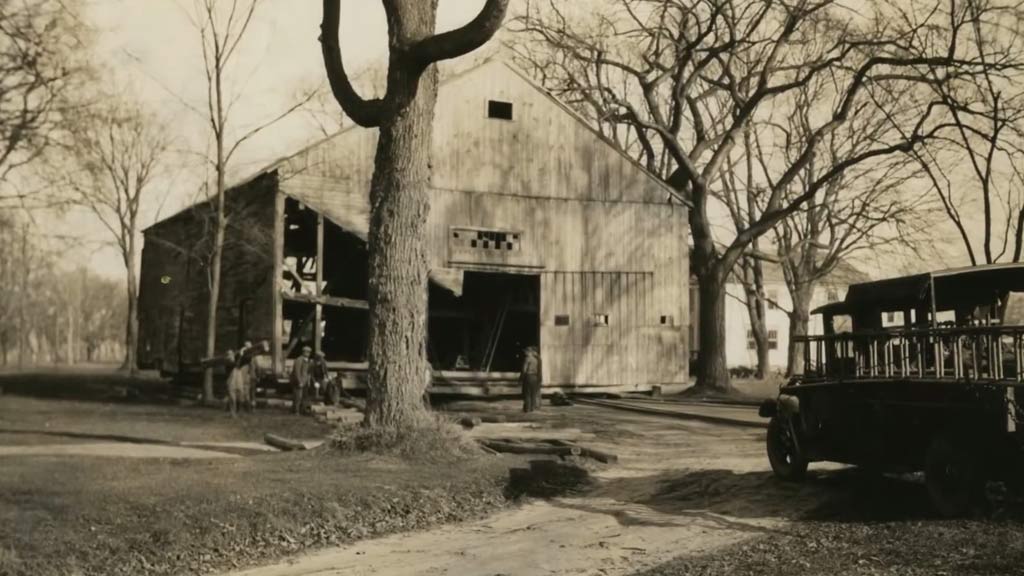
The Hadley Farm Museum provides a glimpse into the town’s agricultural history, showcasing artifacts and exhibits that highlight Hadley’s role as a farming community since its founding in 1659.
Visitors can explore displays of vintage farming equipment, photographs, and documents that chronicle Hadley’s agricultural heritage.
Porter-Phelps-Huntington Museum
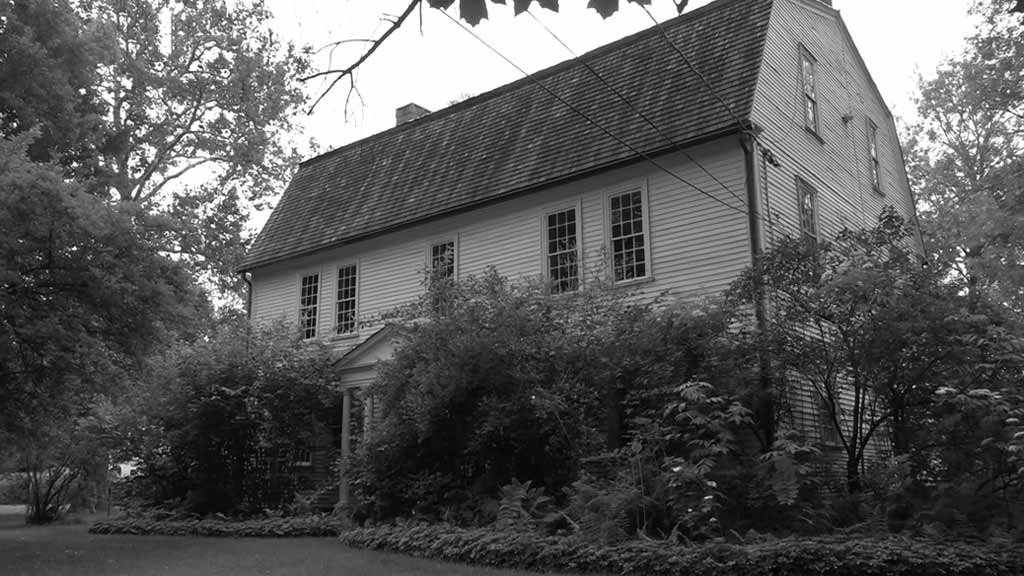
Built-in 1752, the Porter-Phelps-Huntington Museum offers insight into Hadley’s colonial history and daily life during the 18th century.
This well-preserved historic house museum features period furnishings, artifacts, and guided tours that provide a window into the lives of the Porter and Phelps families, prominent figures in Hadley’s early settlement.
First Congregational Church
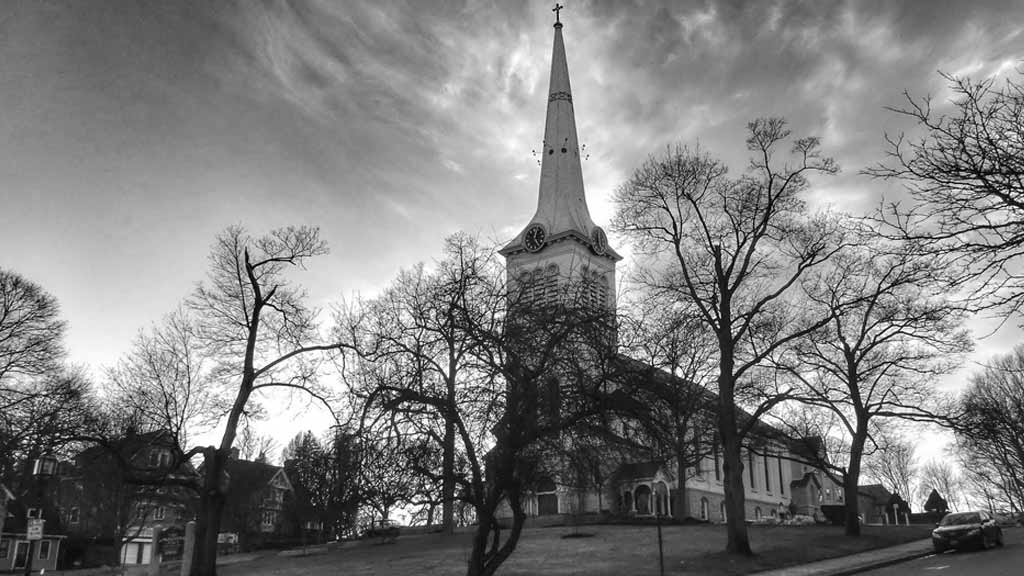
The First Congregational Church of Hadley, founded in 1661, is a testament to the town’s religious heritage and community resilience.
The current church building, constructed in 1814, is a fine example of Federal-style architecture and continues to be a focal point of worship and community gatherings in Hadley.
Hadley Town Common
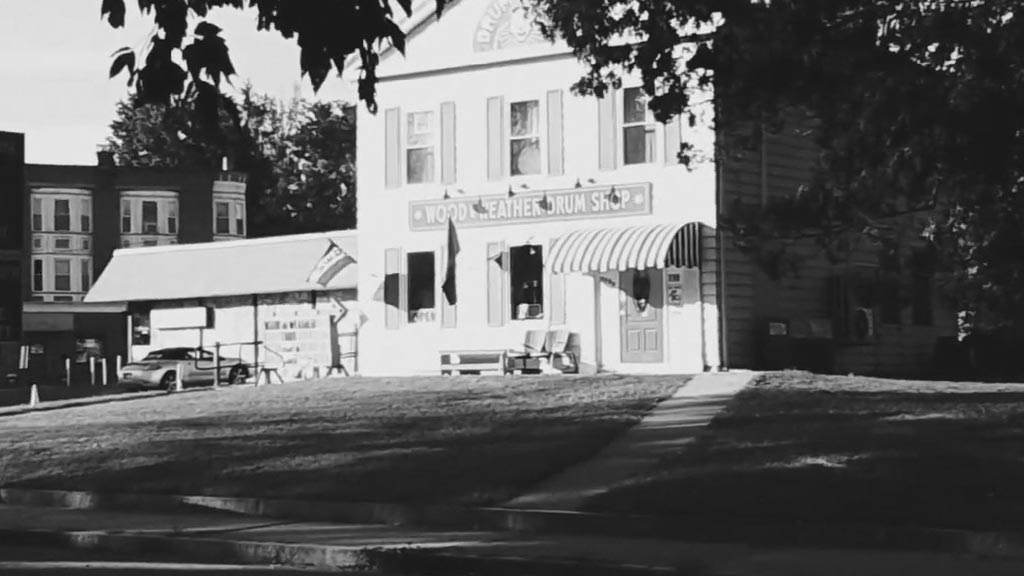
The Hadley Town Common, established in the 17th century, serves as the heart of the town and a gathering place for residents and visitors alike.
The common reflects Hadley’s colonial layout and enduring sense of community, surrounded by historic homes and buildings, including the town hall and old burying ground.
Hadley Center Historic District
Designated as a National Historic District, the Hadley Center Historic District encompasses a collection of well-preserved colonial-era homes, public buildings, and landmarks that offer insight into Hadley’s early settlement and development.
Walking tours of the district allow one to admire the town’s architectural heritage and learn about its storied past.
Hadley Parsonage Museum
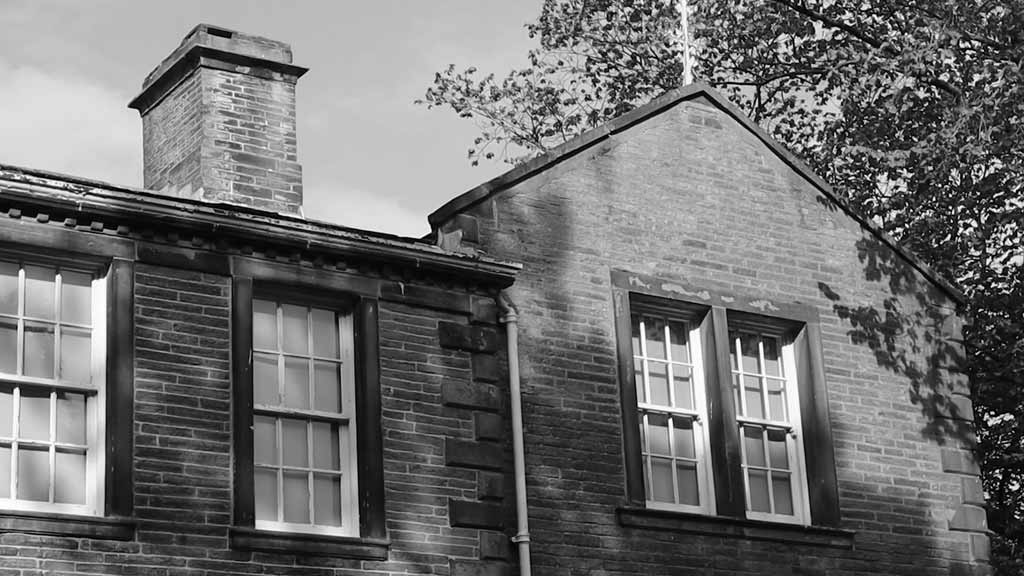
The Hadley Parsonage Museum, dating back to the early 18th century, offers visitors a glimpse into the town’s religious and social history.
This historic home, once occupied by prominent ministers, features period furnishings, artifacts, and exhibits showcasing Hadley’s Puritan roots and the role of religion in colonial life.
Hadley Meeting House
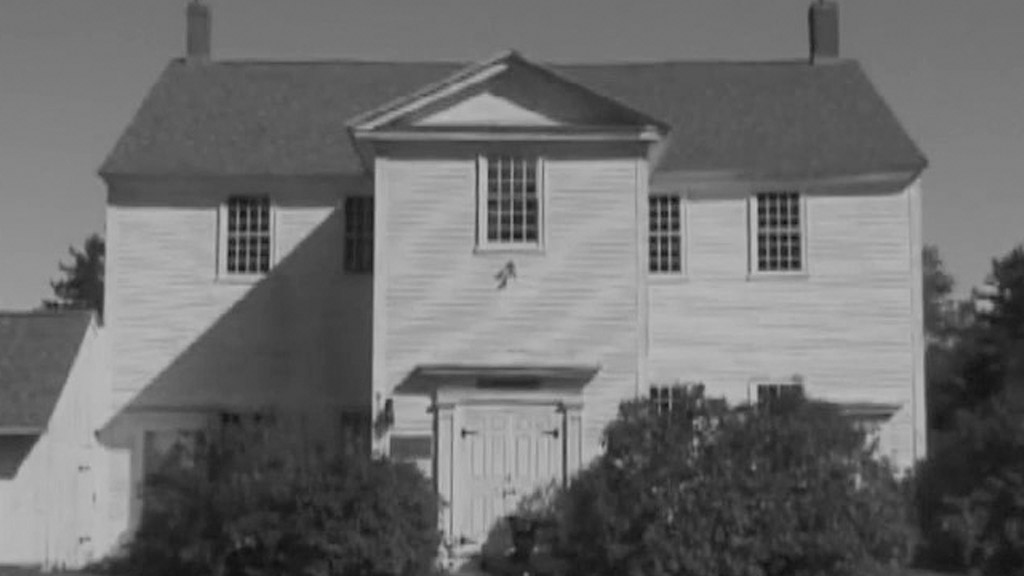
The Hadley Meeting House, constructed in 1759, symbolizes community and faith in early Hadley. With its traditional New England architecture and iconic steeple, the meeting house served as a place of worship, town meetings, and social gatherings, playing a central role in the town’s religious and civic life.
Historic Hadley Gravestones
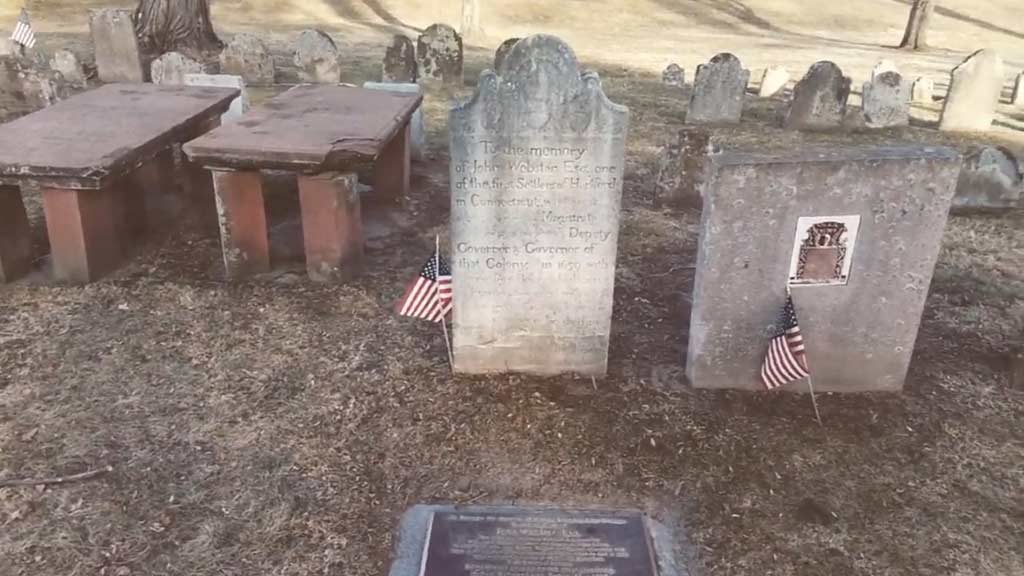
The old burying grounds in Hadley, including the West Cemetery and East Cemetery, are home to a collection of historic gravestones dating back to the 17th century.
These intricately carved markers offer insights into Hadley’s early settlers, their families, and the town’s evolving attitudes toward death and remembrance.
Hadley Historical Society
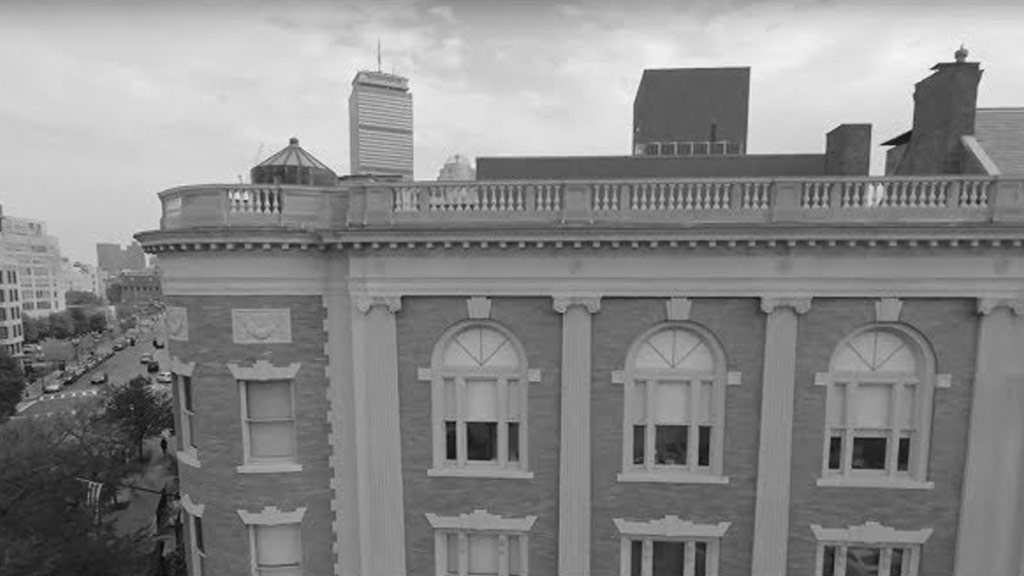
The Hadley Historical Society, founded in 1904, is dedicated to preserving and promoting the town’s rich heritage.
The society documents Hadley’s history through its museum, archives, and educational programs, from its Native American origins to its role in colonial settlement, agriculture, and the American Revolution.
Hadley’s Role in King Philip’s War
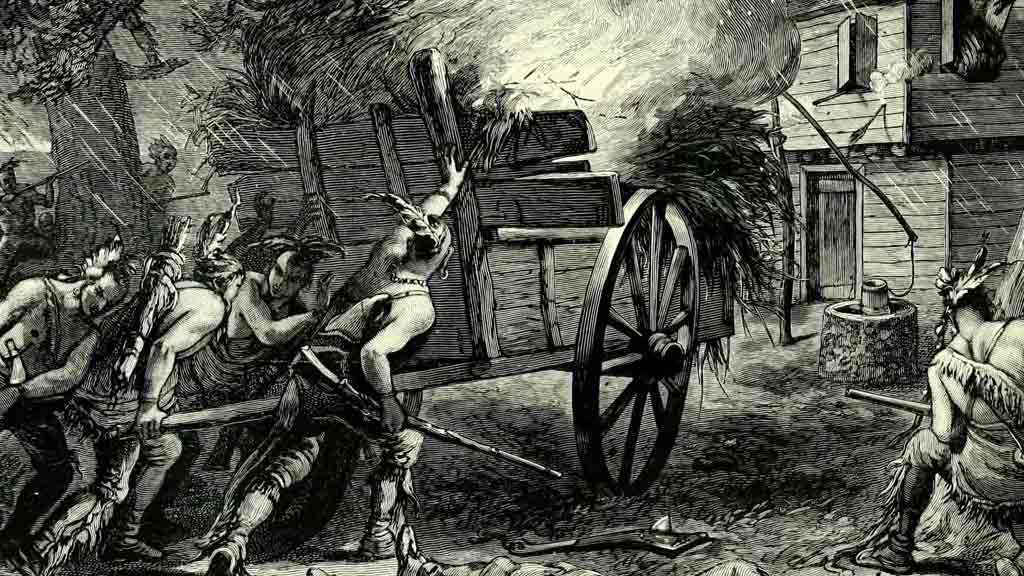
Hadley played a significant role in King Philip’s War (1675-1676), a conflict between Native American tribes and English colonists. The town was attacked by Native American forces in 1675 but successfully defended by colonial militia under the leadership of Captain William Goffe.
This pivotal event in Hadley’s history is commemorated through markers and monuments throughout the town.
What Is South Hadley, Massachusetts, Known For?
Nestled in the Pioneer Valley of Massachusetts, South Hadley has a rich history and many attractions. South Hadley offers something for everyone, from its picturesque landscapes to its vibrant cultural scene.
Here are seven reasons why South Hadley is known and beloved by residents and visitors alike:
Mount Holyoke College
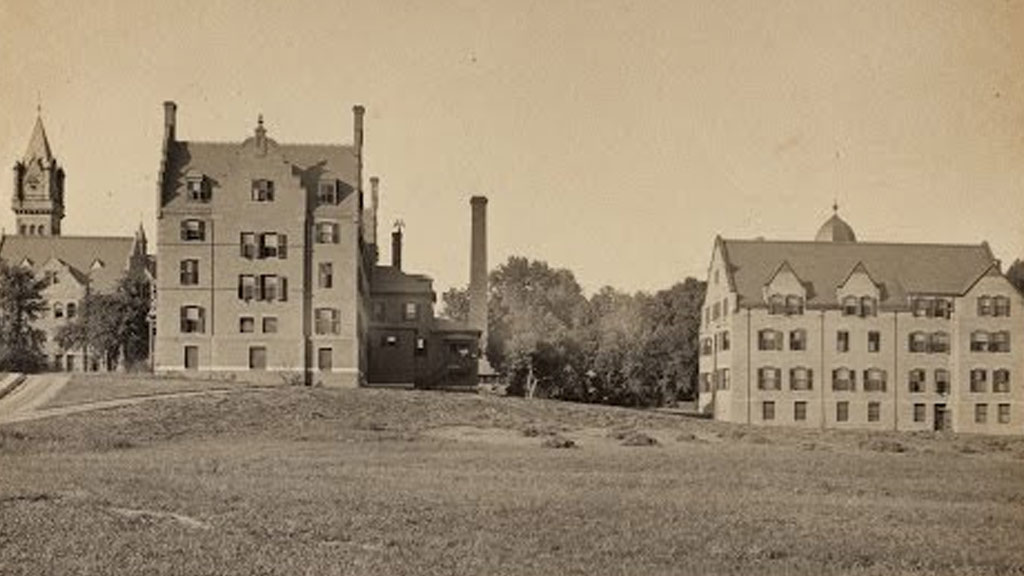
South Hadley is home to Mount Holyoke College, one of the prestigious Seven Sisters colleges known for its outstanding liberal arts education and picturesque campus.
Founded in 1837, Mount Holyoke College attracts students worldwide and contributes to the town’s intellectual and cultural vibrancy.
The Village Commons
The Village Commons in South Hadley is a charming shopping and dining destination featuring a mix of boutiques, restaurants, and cafes housed in historic buildings.
Visitors can stroll along tree-lined streets, browse unique shops, and enjoy delicious cuisine in this quaint New England setting.
Mount Holyoke Range State Park
Outdoor enthusiasts flock to Mount Holyoke Range State Park, which offers miles of scenic hiking trails, panoramic vistas, and birdwatching and wildlife observation opportunities.
The park’s diverse ecosystems and stunning views make it a year-round popular destination for nature lovers.
The Orchards Golf Club

Golfers appreciate South Hadley’s Orchards Golf Club, an 18-hole championship course known for its challenging layout and scenic beauty.
Designed by renowned architect Donald Ross, the Orchards Golf Club provides an exceptional golfing experience amidst rolling hills and lush fairways.
Historic Sites
South Hadley boasts several historic sites, including the Skinner Museum, which showcases the town’s industrial heritage, and the Loomis-Robinson House, a well-preserved colonial-era home. These sites offer insights into South Hadley’s past and its role in shaping the region’s history.
The Connecticut River
South Hadley’s proximity to the Connecticut River provides opportunities for boating, fishing, and scenic cruises along this majestic waterway. Visitors can explore the river’s scenic beauty, spot wildlife, and enjoy recreational activities in a tranquil natural setting.
Cultural Events and Festivals
South Hadley hosts various cultural events and festivals annually, celebrating the town’s heritage and community spirit.
From art exhibitions and music concerts to farmers’ markets and holiday celebrations, there’s always something happening in South Hadley to entertain and inspire residents and visitors alike.
What Are Some Notable Events In The History Of Hadley, Massachusetts, And How Have They Shaped The Town Today?
These reasons showcase the diverse attractions and vibrant community that make South Hadley a special place to live and visit in Massachusetts.
Fortifications
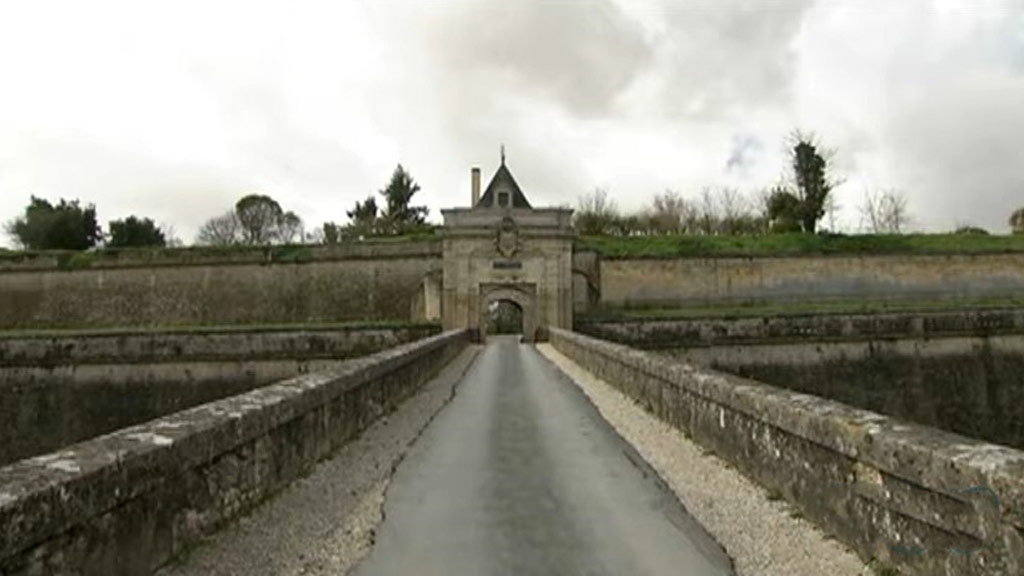
After 1675, wooden fortifications or palisades protected the broad street and abutting houses. The fortifications were removed in 1713, indicating the greater security of the area following years of warfare.
Agriculture
Agriculture developed as the primary economic activity during the colonial period, with productive expansion in Connecticut. The town was one of the most productive during the colonial period, likely exporting agricultural products to other valley towns such as Chicopee, Springfield, and eastern Massachusetts.
Today, Hadley is still known as “The Breadbasket of Massachusetts” and “Asparagus Capital of the World.”
Transportation technology
Modernization and new transportation technology permanently altered circulation patterns, growth, and landscape perception.
The electric trolley bridge over the Connecticut River in 1905 and the Hadley and Amherst electric trolley are examples of transportation technology that permanently altered the town’s landscape.
Joshua Boston Joshua Boston was a Hadley man whose life began in enslavement and ended in freedom. His story exemplifies the early history of black lives in the Connecticut River Valley.
FAQs
What historical events shaped Hadley’s development?
Hadley’s history is marked by critical events such as the town’s founding, its role in conflicts like King Philip’s War, and its contributions to the colonial economy through agriculture, trade, and industry.
Who were notable figures in Hadley’s history?
Hadley was home to notable figures such as Edward Hopkins, one of the town’s early settlers and a prominent colonial official, and Jonathan Edwards, a renowned theologian associated with the Great Awakening.
What industries were prominent in Hadley’s history?
Agriculture was the primary industry in Hadley’s early history, with the town’s fertile soil supporting crops like corn, wheat, and tobacco. In addition to farming, Hadley also had mills, tanneries, and other small-scale industries.
How did Hadley contribute to colonial America?
Hadley played a significant role in colonial America, contributing to agricultural innovation, participating in conflicts like King Philip’s War, and serving as a hub for trade and commerce in the region.
What historic landmarks can visitors explore in Hadley today?
Visitors to Hadley can explore historic landmarks such as the Porter-Phelps-Huntington Museum, Hadley Farm Museum, and historic homes and buildings throughout the town. These sites offer insights into Hadley’s colonial heritage and its role in shaping American history.
Conclusion
The history of Hadley, Massachusetts, offers a window into the early days of colonial America and the resilience of its settlers.
From its humble beginnings as a frontier settlement to its evolution into a thriving agricultural community, Hadley’s past is a testament to the perseverance and ingenuity of its residents.
As we reflect on Hadley’s rich heritage, we gain a deeper appreciation for the contributions of its early settlers, the struggles they faced, and the lasting legacy they left behind.
Whether exploring historic landmarks, visiting museums, or uncovering archival treasures, delving into Hadley’s history is an enriching journey that sheds light on the enduring spirit of this quaint New England town.
Jaclyn Lowe